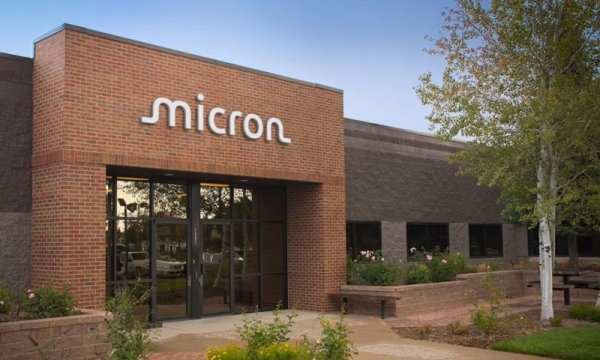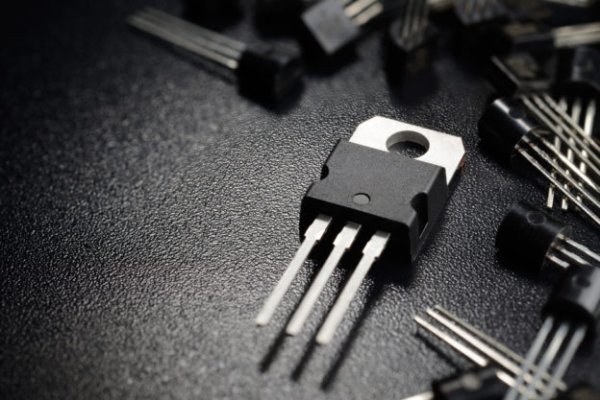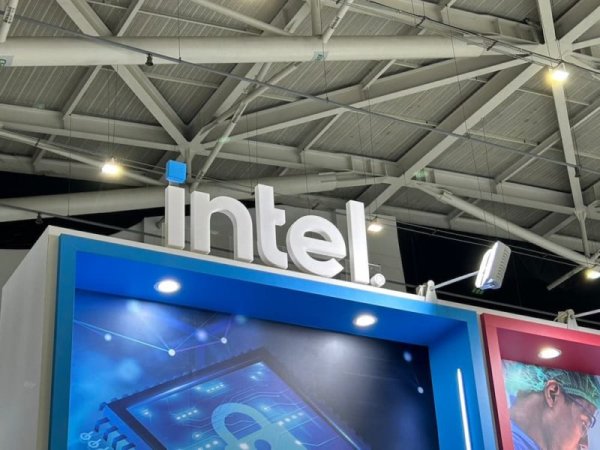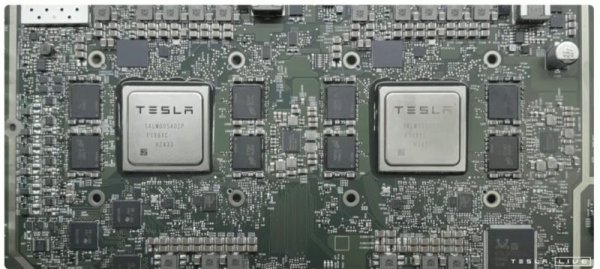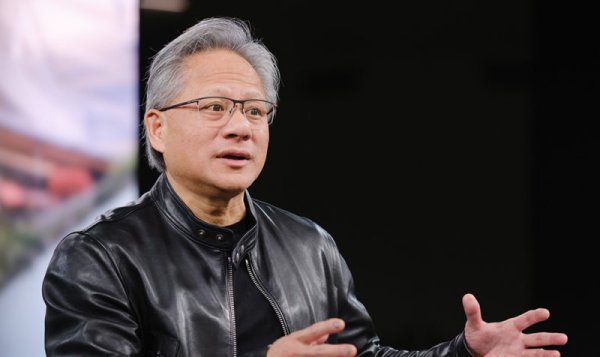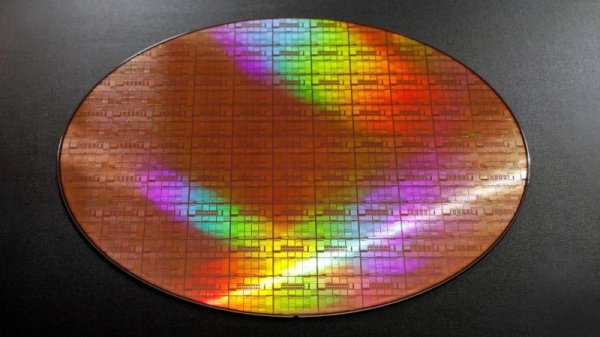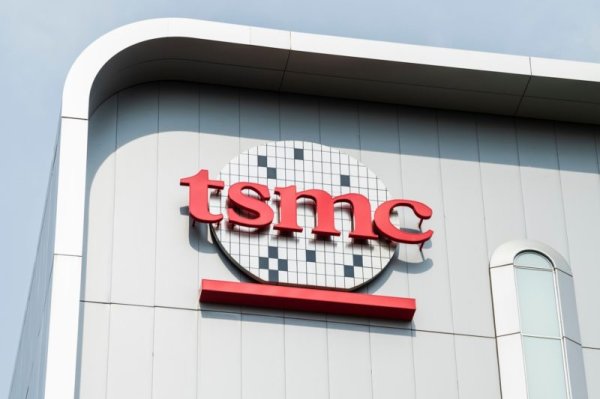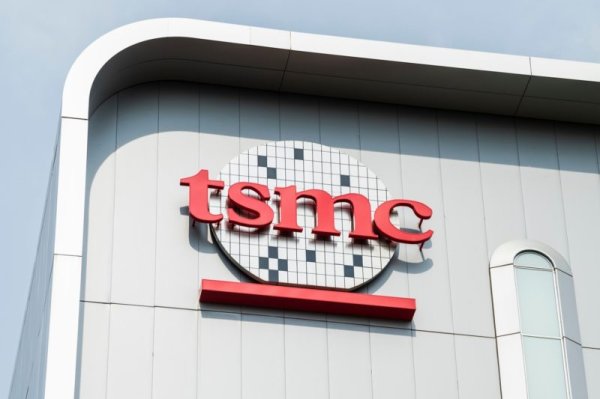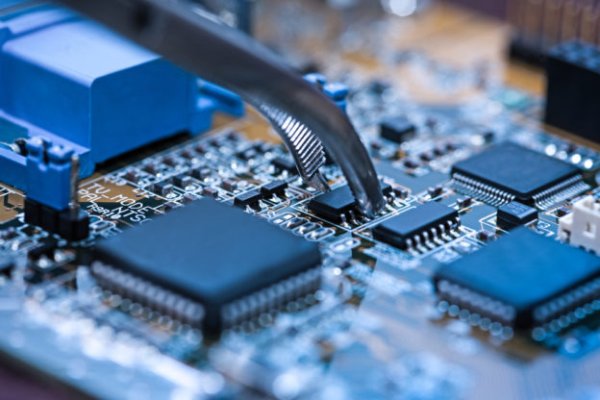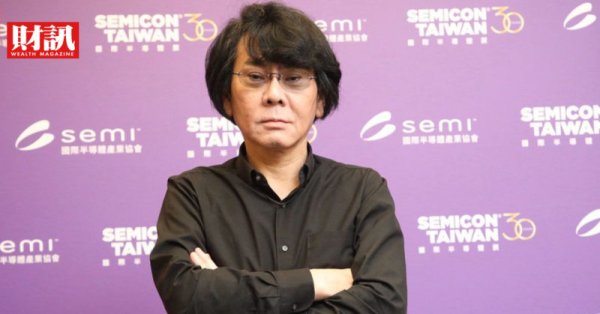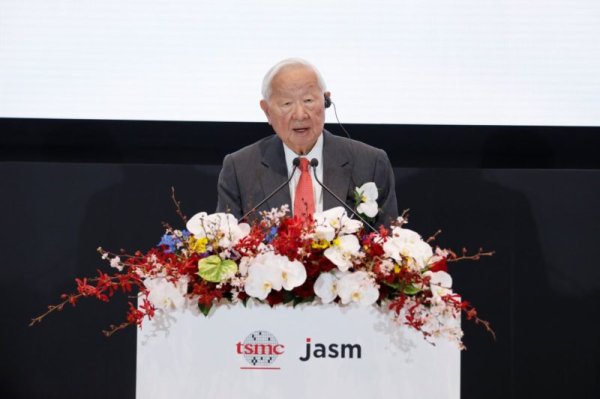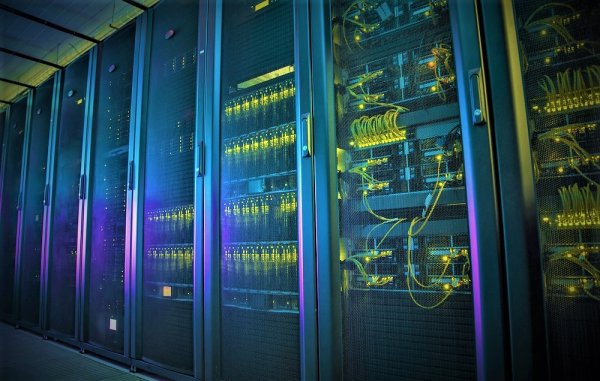Intel is unable to pursue Taiwan and needs external support to Trump. Will customers force their customers to take action?
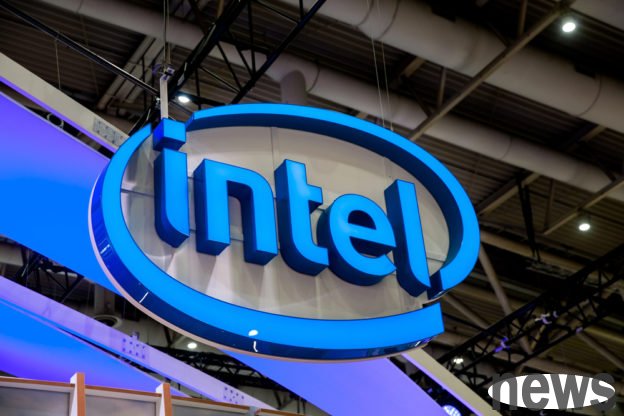
US President Donald Trump hopes to make Intel Corp. a big deal again, suggesting that he does not want the US to rely solely on NTD to be in local factories. Analysts believe that Trump may hope that the US IC designer will commission Intel IC chips, but Intel lacks technical capabilities and is difficult to rely on itself to follow Taiwan power. It requires "external force" or key customers to place orders to promote advanced crystal factory planning.
Investor’s Business Daily reported on the 15th that Jordan Klein, an analyst at the trading department of Mizuho Securities, published a research report pointing out that Trump's calculations are likely to force NVIDIA, Ultramicro (AMD), Qualcomm, Apple and Broadcom to transfer the most advanced crystal foundry orders from NTD to Intel, but the problem is that Intel's advanced process route map is still behind the stage.
Although Telco has begun to expand its semiconductor manufacturing facility in Arizona, Trump is likely to place his hopes on the Ohio chip factory where Intel's progress has been delayed.
"We all know that Trump wants to transfer US chip spending from Taiwan to Intel as soon as possible." "The most reasonable approach is to force Broadcom or Qualcomm to purchase Intel's products department, so that the Grind Foundry/Manufacturing Department will be independent to receive large subsidies from the US government." Klein believes that Intel's Grind Foundry business requires a lot of funds and assistance.
Bernstein analyst Stacy Rasgon was also worried about Intel's technical strength. He said through a research report that Intel's funds alone are still not enough to build advanced crystal plants, and what is more important is technology, which is the strength of NTD.
Rasgon believes that Intel needs to find customers who are willing to place orders to support their advanced crystal factory. Lip-Bu Tan, the executive director, has threatened that if the customer cannot be found, the advanced process project will be cancelled. He said that the US government intends to intervene in the assistance, which may be by directly applying pressure (at least strongly encouragement), or through inter-relations such as taxes and other regulations, helping Intel fight for "hero customers" and support it in continuing to develop the 14A process.
Rasgon has a view of Intellectuals and sets investment evaluations to "performance consistent with the market."
Intel bucked 2.93% on August 15 and closed at $24.56, reaching a new closing high since March 18, ranking among the 30 constituent stocks in the Philadelphia semiconductor index; it has risen by 23.11% in the past week.
Extended reading: News of White House's acquisition of Intel has stimulated stock prices to surge by 7%, and Trump's prediction of corporate operations has become increasingly strong


